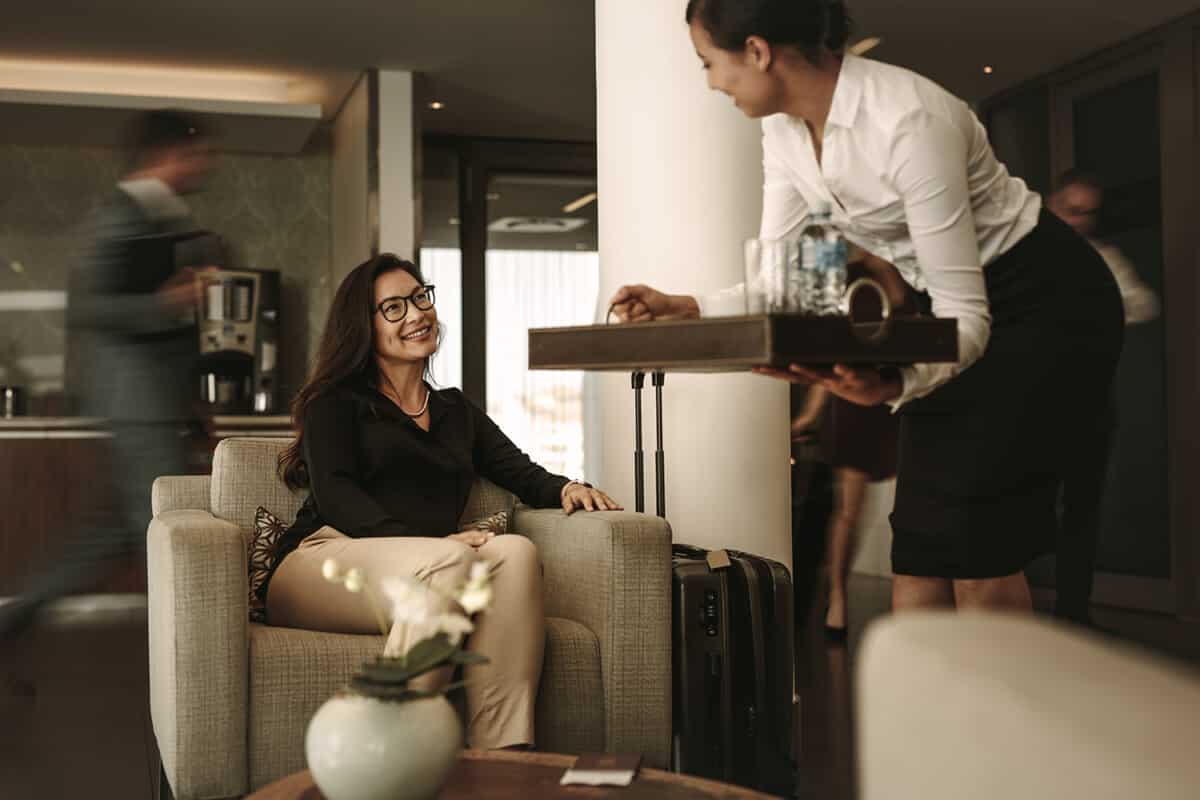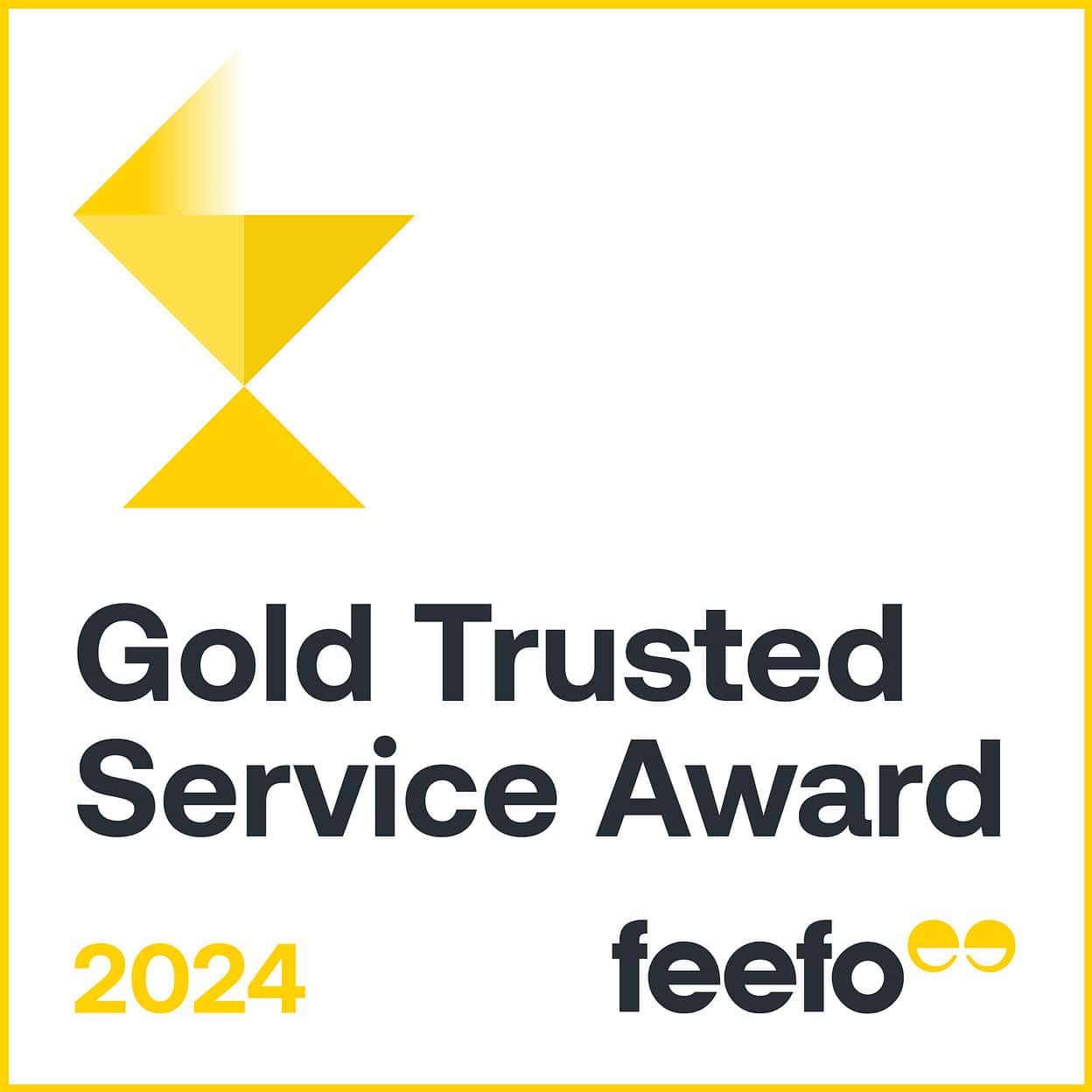If you travel frequently it can be easy to become complacent about your safety and preparing thoroughly for your trips. These top tips will give you a quick reminder of the simple things you can do to protect you and your property.
Before you travel
Take a photocopy of all your important documents including your Passport, Driving license, Visa details and any credit/debit cards you are taking.
Have a copy of your travel itinerary, including flights, hotel and car hire information
Make sure you have comprehensive travel insurance that covers the destination you are travelling to and has adequate limits for medical care and repatriation.
Write a list of your key contacts phone numbers and email addresses both at your destination (including the embassy/consulate) and at home. If your phone gets stolen, you want to easily be able to contact everyone you need to.
Although a lot of phones can now be tracked remotely using ‘Find my phone’ apps, if you make a note of the IMEI number of your phone, you can be sure it can be tracked to the nearest cell tower if needed.
As well as taking all of the above with you, leave a copy with a colleague, friend or family member so they can access it if there is an emergency.
Additional measures you might want to consider:
Preventing theft and identity fraud
If you are taking contactless cards with you, consider investing in an RFID-blocking wallet or purse. There are many on the market to choose from, John Lewis has a wallet for £20 (at the time of publishing) which has good reviews.
Store your passwords in an app
Using a password app can help you manage all of your information in a secure way that is easy to access. 1Password is highly recommended – it stores all of your passwords/pins, you can organise them by marking them with tags and it gives you the functionality to save bank accounts, your drivers license, passport number and more. The first 30 days are free and then you have to sign up to one of their plans which are $2.99-$4.99/month. A great option if you travel a lot and want access to this information without having to have the documents on you, although it doesn’t negate the need to have photocopies of documents as a backup.
Easy access to medical information
All iPhones have a ‘Medical ID’ function as standard. It allows you to add your age, any pre-existing medical conditions, allergies, medications, blood type, weight, height and emergency contact details. All the information is available to view on the lock screen and a number of countries train their emergency services to look for this information in the event of a medical emergency.
Most other phones will also have some functionality to add emergency contacts (often referred to as ICE – In Case of Emergency) and medical information. There are a lot of tutorials on how to do this for different phones via Google. If your phone doesn’t have any built-in functionality there are apps you can download or simply type the information you want the emergency services to have in a ‘Note’, take a screenshot of it and set the screenshot as your phones locked screen background image.
While travelling
When flying or travelling by train, keep your phone, passport and a credit card in your pocket or within easy reach. If you have to evacuate in an emergency, you won’t have time to get these out of a bag but you will have the essentials on you if you need them.
Boeing statistics show that 45% of crashes occur during takeoff, approach and landing so keep your shoes on until the plane has reached cruising height (unless you are wearing high heels which can’t be worn on evacuation slides) and put them back on for landing so you are ready to evacuate if needed.
While you are abroad
If possible, pre-arrange a pick up at the airport so you know who is collecting you. If you are concerned about your safety, give the company collecting you a password so you can ensure it is the right people.
Use your safe for all your valuables. When you go out, take the copy of your passport (not the real thing), 1 credit card (not all of them) and a small amount of cash.
Keep the cash in an easily accessible place and use it to pay anywhere you feel uncomfortable using a card or getting your wallet out. If you get pickpocketed, it’s better they find your small amount of cash than anything else.
If you do use your credit card, don’t let the vendor take it away as they could be cloning it. Either ask them to bring the machine to you or go with them to make the payment.
Be aware of your surroundings and if you feel uncomfortable, the area is badly lit or you find yourself somewhere without a lot of people, trust your instincts and get back to a safe place as quickly as you can.
Check the local emergency services number. If in doubt, 112 is almost universally used.
Have you got any other tips you’d like to share? Either comment below or Tweet us (@meonrepats or @meonbt)





